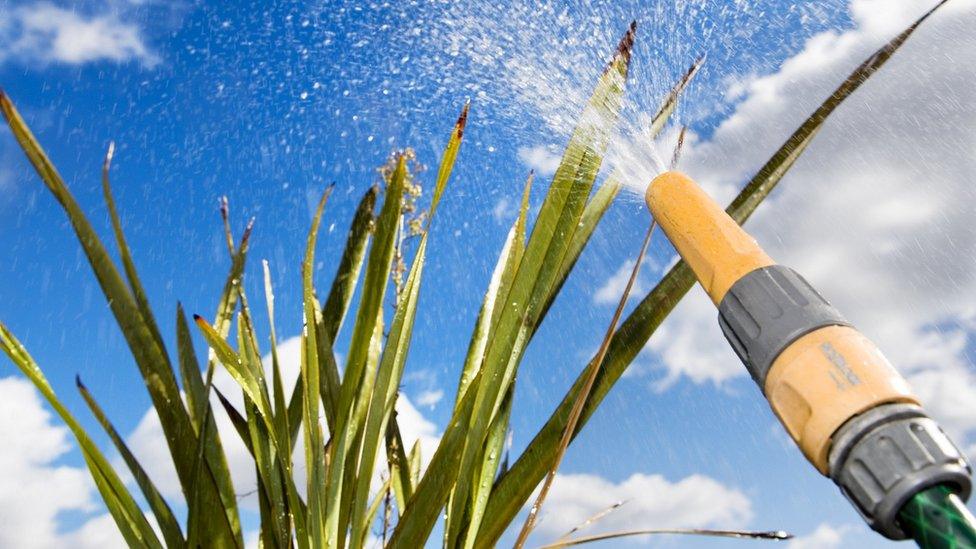Gloucester Docks being dredged to combat high silt levels
- Published
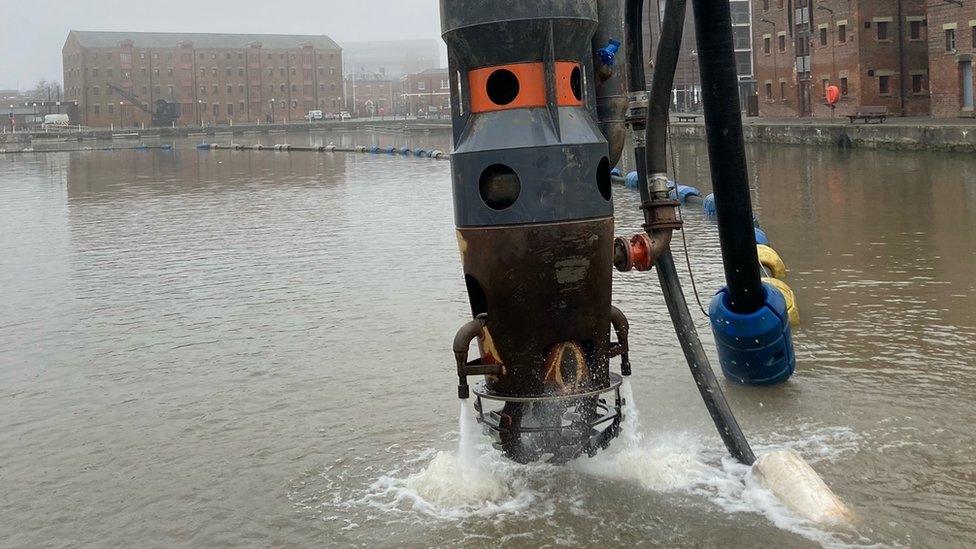
A big dredging operation is underway at Gloucester Docks
Although the UK is in the grip of winter, the impact of the 2022 drought is still being felt in one city.
Specialists have been deployed in Gloucester Docks to remove high levels of silt that have stranded some boats.
A major dredging operation is now underway.
The problem arose when river levels were so low in the summer that water being pumped out of the River Severn for domestic use contained much more silt than normal.
Robert Eaton, regional operations manager for the Canal and River Trust, said: "The navigational channel is very restricted.
"Some of the deeper-draughting vessels are stuck in the silt, they can't move, so we're working hard to free them up."
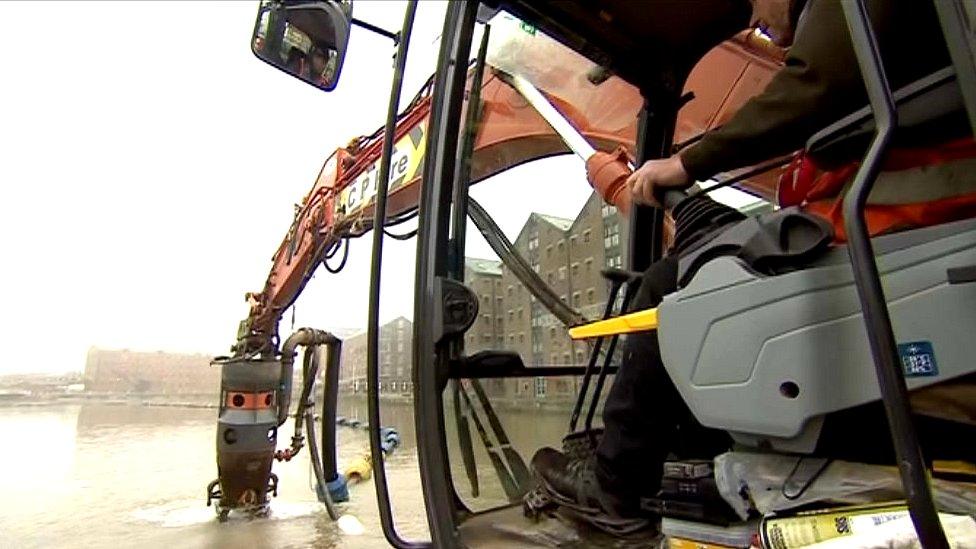
Heavy machinery has been deployed to help remove the silt
A large dredging machine is now being used in the docks, as part of a £750,000 operation that is due to finish in February.
"The machine is essentially a vacuum cleaner, it agitates the silt on the bottom of the canal - much like the brush on your vacuum cleaner agitates the dust on your carpet," said Mr Eaton.
"And then we literally suck it up and blow it out in a long pipe back out into the river where it came from."
The silt issues began in the summer. Sometimes water used by Bristol households is pumped out of the River Severn and into the canal in Gloucester.
This summer those river levels were so low that when water was pumped, it contained much more sediment, and over time the docks have choked up.
'Levels are still low'
Jim Flory, Environment Manager for the Environment Agency, said that despite recent wet weather, there was still an ongoing issue with water levels in the area.
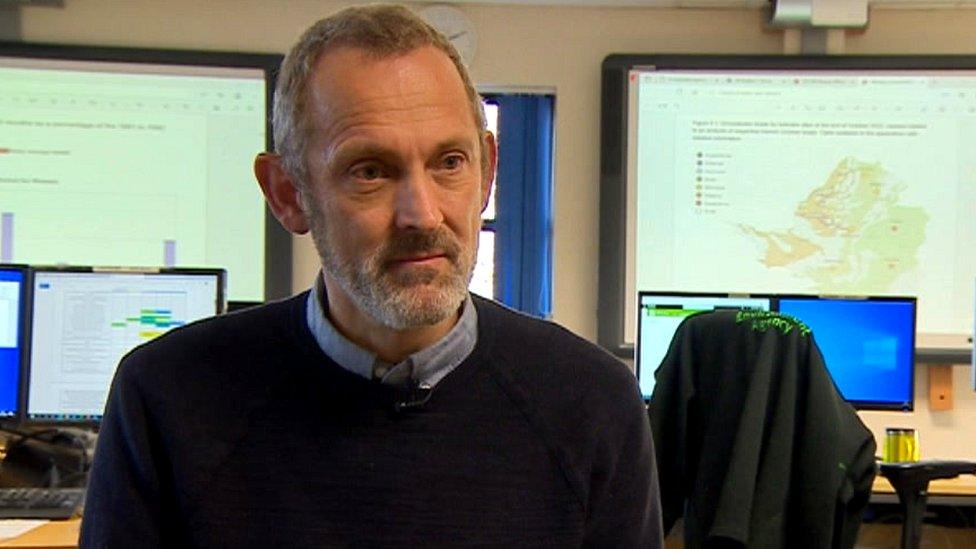
More rainfall is needed to get water levels back to where they need to be, said Jim Flory
"The challenge we have, and it feels really strange after we've had a period of heavy rain over the last few weeks, is that we are still in a situation where 10 out of the last 12 months have brought below-average rainfall - significantly below average rainfall," he said.
"Even though we are getting a lot of water now, it takes a long time for reservoirs to recharge and for aquifers, the groundwater systems, to recharge."
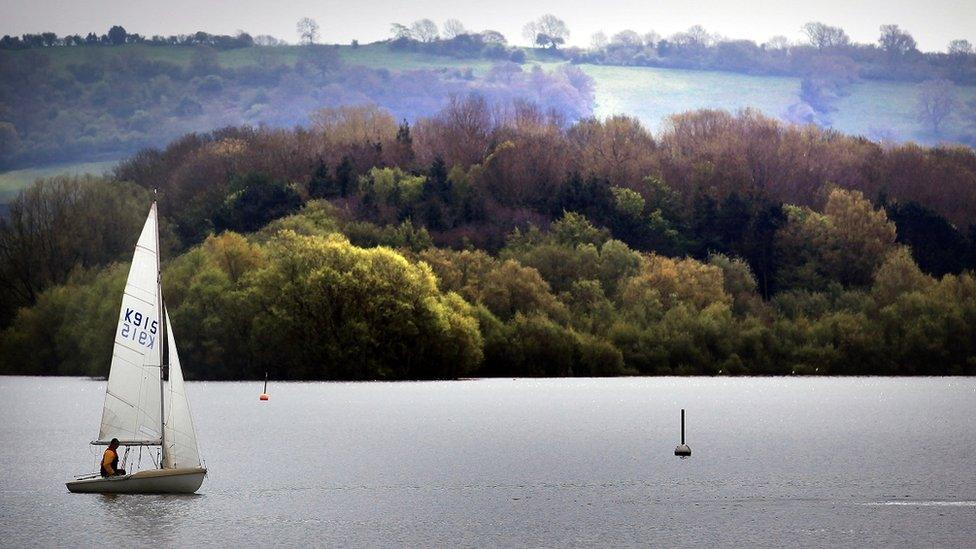
Chew Valley Lake is one of the biggest reservoirs in the Bristol area
Chew Valley Lake, one of the main reservoirs supplying water to Bristol, has returned to roughly the level it should be at this time of year.
But Patric Bulmer, head of Water Resource and Environment at Bristol Water, says the long hot summer has given the country a lot to reflect on.
"I think as a country we've probably really looked at water supply, and particularly over the really hot period in the summer with that high demand, and realised that it's not something that you can take for granted, it's something that takes a huge amount of work.
"And so yes, I do think it throws it into relief as something to look at a lot for the future."
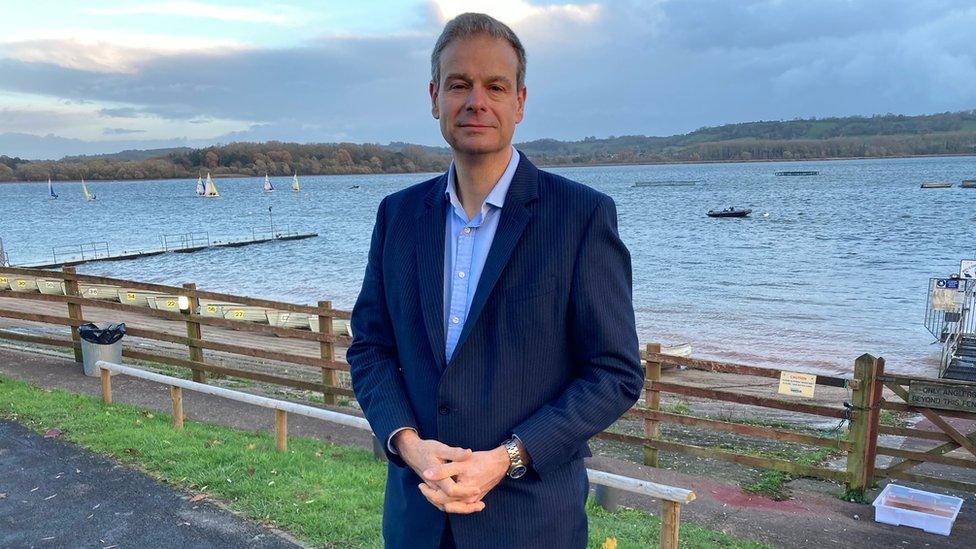
Patric Bulmer says the drought has focussed peoples' minds on water supplies

Follow BBC West on Facebook, external, Twitter, external and Instagram, external. Send your story ideas to: bristol@bbc.co.uk
Related topics
- Published19 August 2022
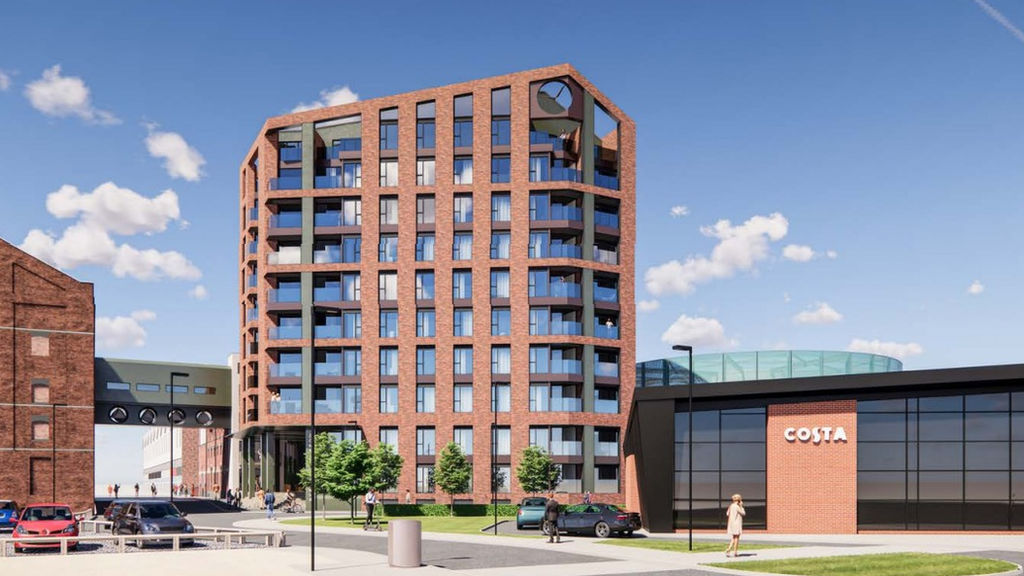
- Published13 August 2022
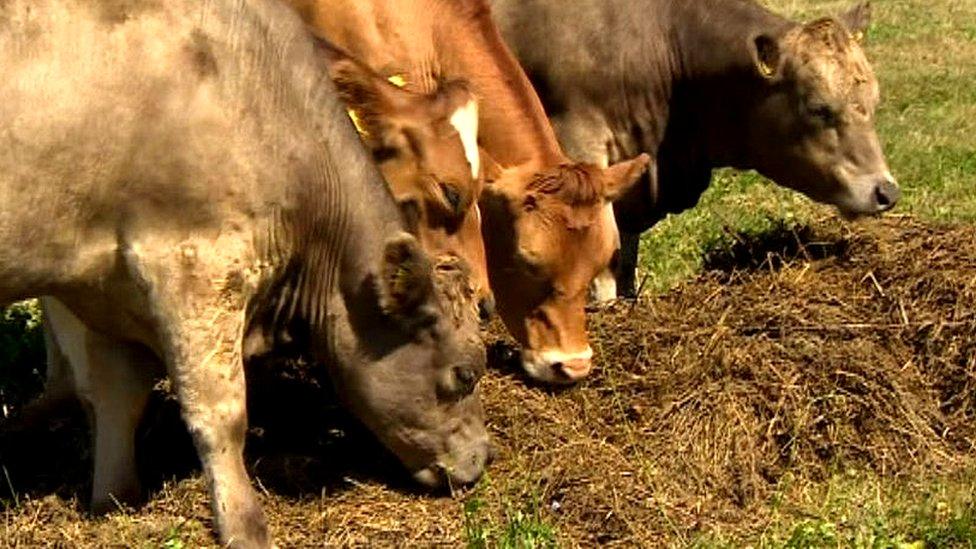
- Published29 July 2022

- Published18 July 2022
